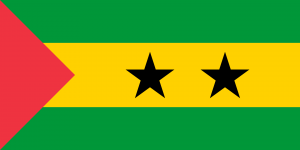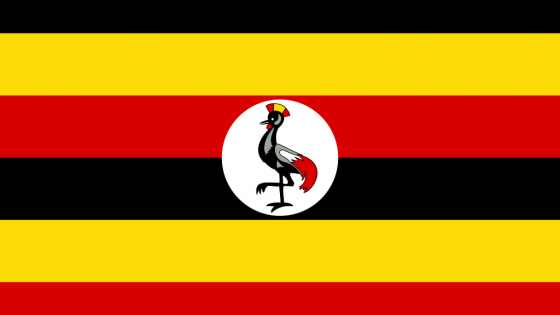
Uganda, located in East Africa, is a landlocked country known for its lush landscapes, rich wildlife, and a deep cultural history. Often referred to as the “Pearl of Africa”, Uganda offers a wide range of experiences for travelers, from stunning wildlife encounters to vibrant cultural traditions.
Uganda offers an unparalleled mix of natural beauty, wildlife, and cultural richness. From the awe-inspiring gorilla trekking experiences to exploring its national parks, lakes, and mountains, Uganda is a must-visit destination for anyone seeking adventure and immersion in an incredible array of landscapes and traditions.

